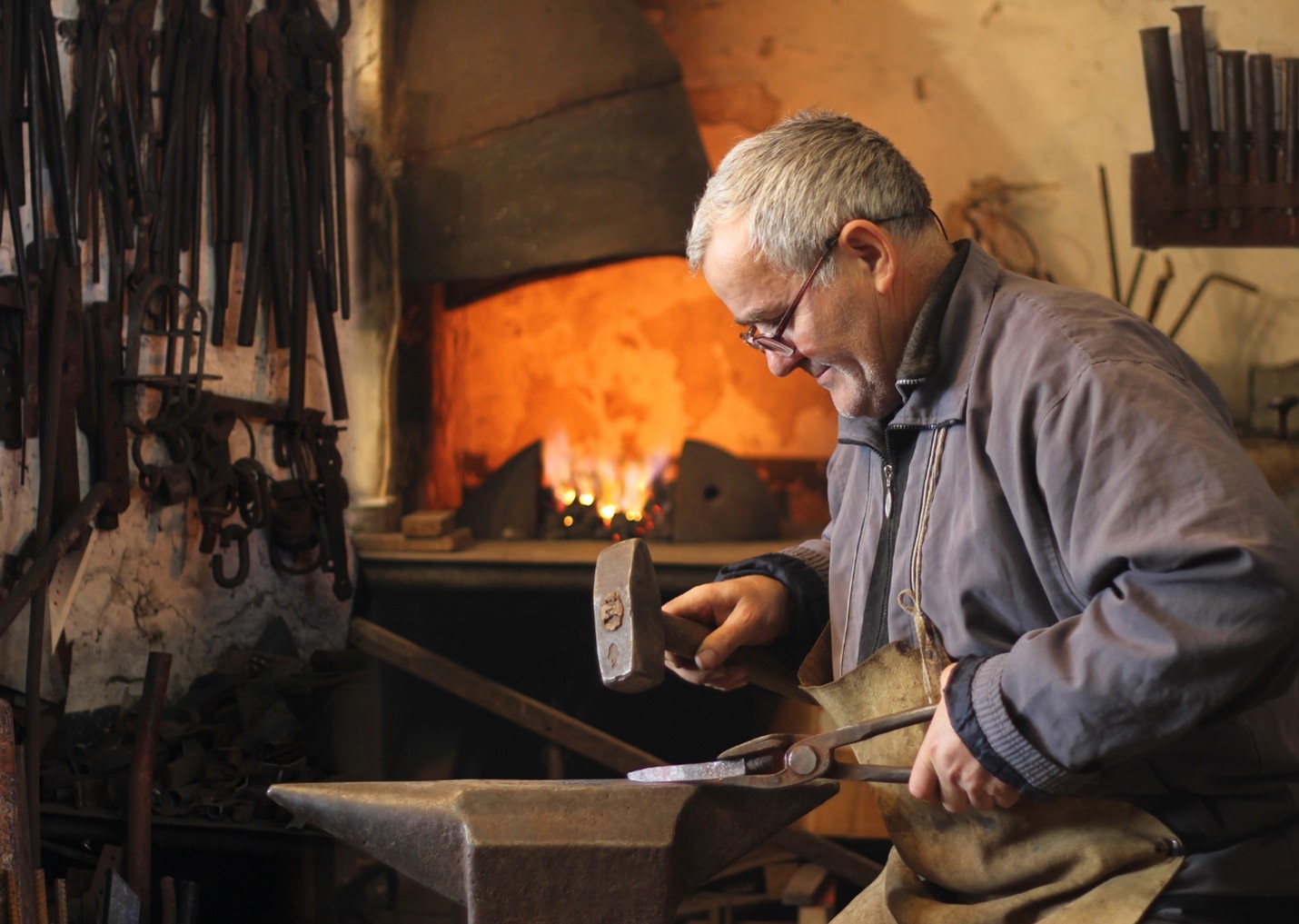The forging industry is growing by leaps and bounds, and it doesn't show signs of stopping soon.
There are estimates that the market will reach a net worth of more than a couple billion dollars in 2025, and the automotive industry is soon to follow. There's also the fact there's an increase in demand for the metal forge in many global enterprises today.
Some of these industries may include automotive, fire systems, water circulation, automation, and aerospace. And these are just a few of them. So why is it that many industries are choosing more forged products today? The list below can give you insights into the benefits of alloy forging, and why many wanted to get customized ones. Read on to find more.
Advantages of Forging
There are no other metalworking processes that can compare to the superior quality and strength of many forged metals and components. The high tensile strength can result from the tight grains that form their structures after the process.
Factors like reliability, ductility, and strength are common in many products, and they go beyond the usual welded, fabricated, and casted metals. This is why a lot of industries today choose the forging method among all other processes. This is because there are safety and security, and the forged products can maintain their form and performance even if they encounter a higher temperature range.
Cost-Effective and Affordable
Industries like automotive choose this method because of its affordability. The cost advantage is seen in precision metal manufacturing, where higher volumes of metals, cars, and parts are often needed in a single production. Know more about metal undergoing heat on this page here.
The materials for the method are less expensive compared to other metalworking processes. The right people can also do the forging in a fast and high-quality manner. After the primary way is done, only a few may require secondary operations, which is often ideal for those in large-scale manufacturing.
The precision metal manufacturing and high-quality finishes can be obtained with a good surface finish and exact dimensions. Overall, minimal machining is required, and it's ultimately cost-effective for many.
Different Alloys Can be Reshaped
One of the most significant advantages of forging is that the metals can be reshaped into the specifications that a manufacturer wants. The method can be applied to many types of metals, and they come with distinct sets of characteristics.
Some of the common elements used are carbon, steek, brass, copper, and more. Industries that require higher temperatures and more durability may incorporate nickel, molybdenum, and cobalt. By forging the stronger ones, the industries can reduce the use of expensive alloys to have strengthened components.
There's Always Better Properties with Metallurgy
There are times when non-uniform cooling or selective heating can occur in many machines, leading to failures in plenty of parts. The forging process skips the selective heating and cooling, and the final products don't usually show any internal voids and incompletion.
There's also the general superior grain flow afterward. The method reduces the likelihood of porosity and shrinkage that are common in casted products. The chance of unexpected failures under different temperatures and stress levels can be negotiated as well.
About the Process
Aluminum is forged at lower temperatures because the element has a low melting point. Its low density can contribute to the lower capacity of retaining heat. It's essential that hot tooling is involved in preventing faster cooling of a piece being worked upon.
The ideal temperature should be near the billet ones, and this condition is called isothermal forging. The typical temperature can range from 775 - 875 °F. Read news about isothermal forging here:
https://www.forgingmagazine.com/forming/article/21924154/ati-investing-95m-in-isothermal-forging-capacity.Trucks and Automotive
The process is ideal for trucks and other automotive parts because the result is a strong and reliable one. Trucks need to have strong connection points because they are frequently exposed to stress and shock. Typical forged automotive parts can include idler arms, studs, wheel spindles, shafts, and pitman's arms.
Agriculture
There are farming equipment pieces like harvesters and tractors that require strong and touch parts. This is because the operations in agriculture are often rigorous. The forging process meets the gears' requirements, levers, transmission, cultivator shafts, tie rod ends, and spike harrow teeth.


 Contact Us
Contact Us 